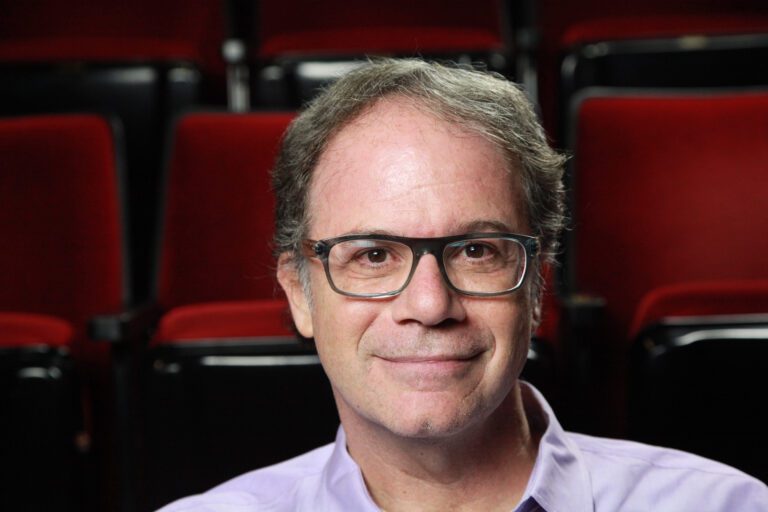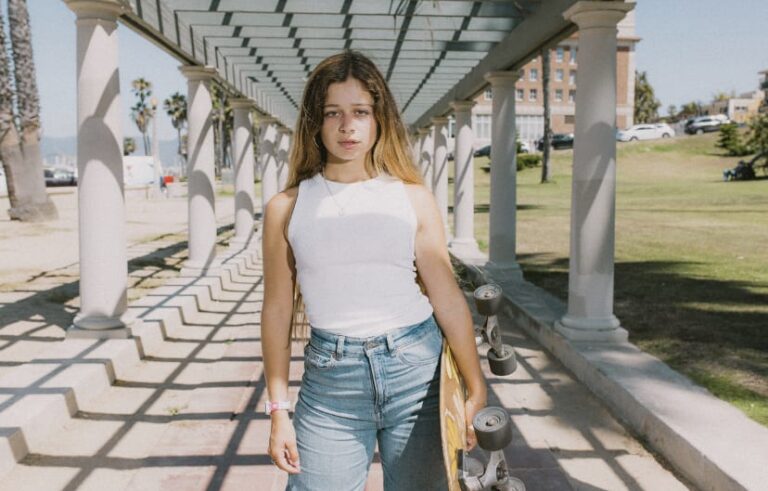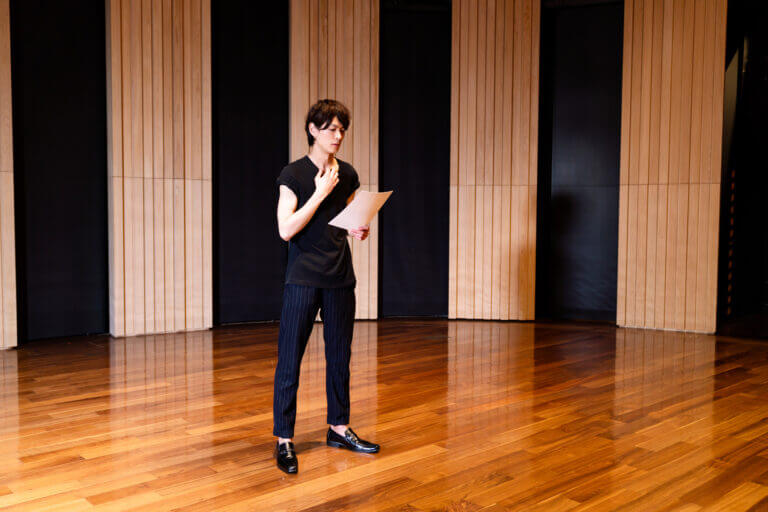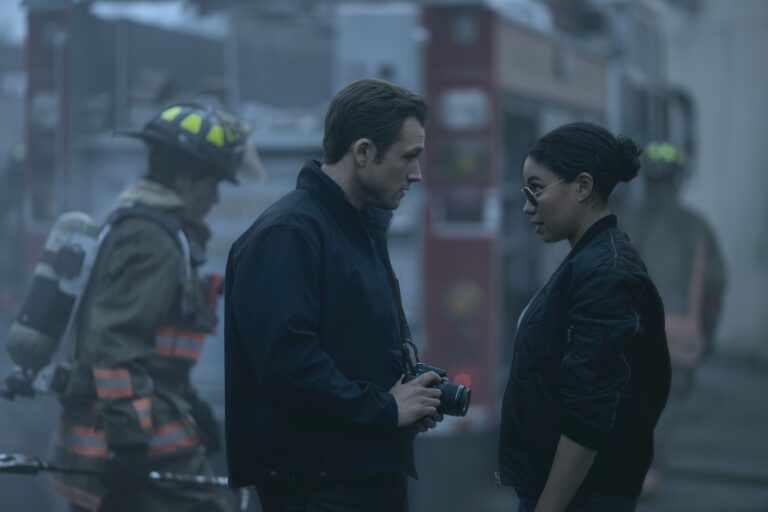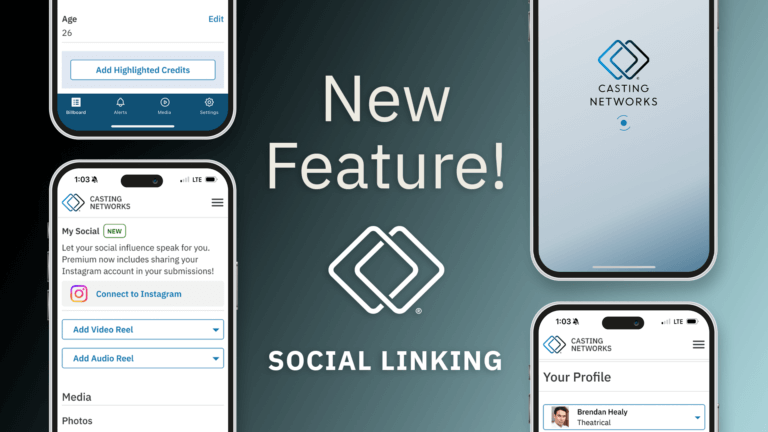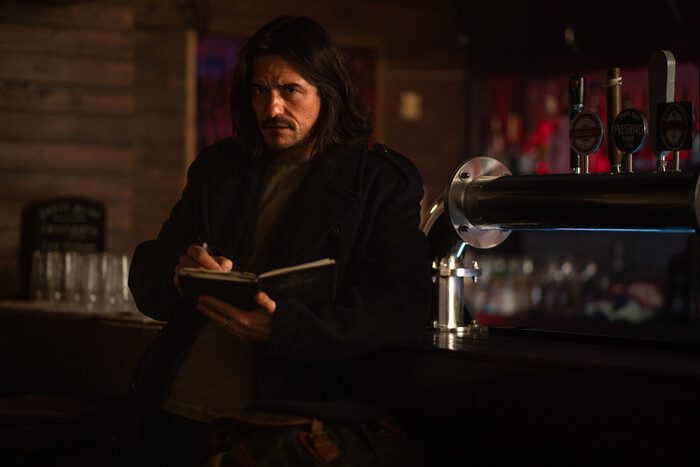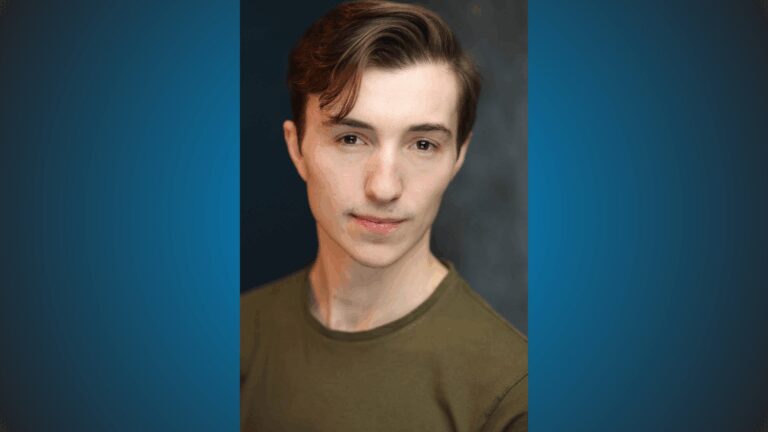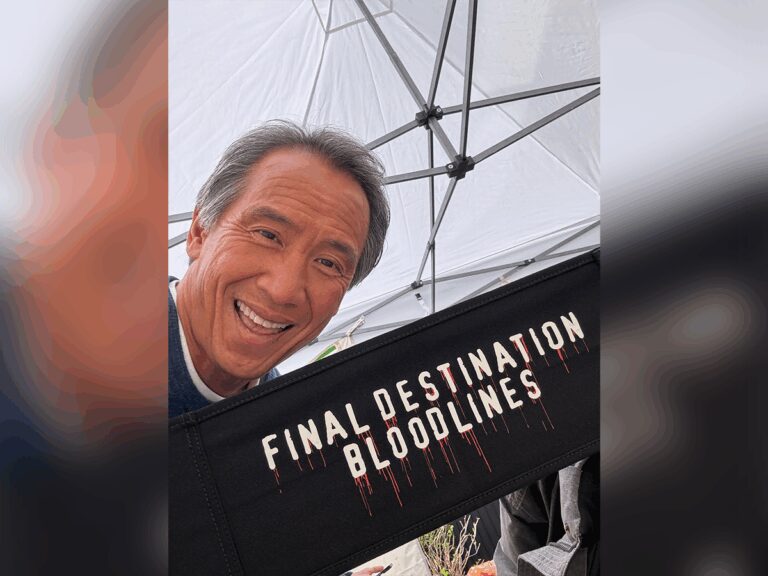Rebecca Dealy is proud to be from Pittsburgh. It comes up in conversation with her, that she grew up there and that it’s at least partially responsible for why she’s “scrappier.” Said scrappiness is how she rose from part-time intern to full-time intern to casting assistant to now, a partner in New York’s Chrystie Street Casting.
On top of the indie films she’s cast over the years, like Spree, Hypnotic and X, her star is decidedly on the rise thanks to her work on the Netflix smash Emily in Paris. More recently, she cast Amazon’s video game adaptation Fallout, which is one of the biggest shows of the year. Riding the high of that triumph and in anticipation of the release of Ishana Shyamalan’s The Watchers, she took some time out to speak to us from her home in Brooklyn.
What got you into casting in the first place?
The long story is, I grew up performing my whole life in Pittsburgh, and that took me to NYU. After I graduated from Tisch, I was doing a lot of theater and one of my best friends from college had just started interning at Chrystie Street Casting. I wanted to learn about film and TV because all we ever learned was theater. I thought, “I would like to do that too.”
I got trained to be a fill-in intern, for when any of the real interns couldn’t do it, for a couple of hours here and there. I was still acting. They cast me in a couple of things and got me an agent.
Slowly over time when I got my internship, I just got invested and I think Jess Kelly, who’s now my business partner, noticed and kept her eye on me and was grooming me for it before I realized. Then a job came up and they said, “We can’t handle this with the staff as is, would you want to become an assistant?” I said, “Yes,” and then here I am.
What was it about casting that so appealed to you?
First of all, I had no idea how much they did. You have this idea that they watch auditions and are a sort of arbiter of talent in that way. But I don’t think I understood how much behind the scenes they are fully producing and facilitating and how much they’re a part of something; whether it’s an indie film, literally just a script, or to the other side when it’s TV and a billion things are going on that they’re managing. That was cool.
To me, the idea that you could use so many different parts of yourself, of your creativity, of how you work with people, how you understand people, there was just a lot that it required of a person. I think it’s a combination of natural talent, loving the art and then realizing how producorial and creative it is at the same time.
It’s interesting how many casting directors started as actors and make the switch when they realize they’d rather be on the other side of the camera, and that there’s much more input on a production from the casting chair.
I think that’s a part of it. I think for me, it was also this sense of, as an actor, there’s so much you don’t know.
In my position, once you’re on the other side of the table, everything becomes clear. I was like, “Oh my God. I just want to help everyone understand what they need to do, or what’s being asked of them.”
Once you are on the other side of that Oz curtain, realizing it’s not as deep as you think it is, how do you then guide actors to be exactly who they are, and not try to guess who we want them to be? It felt like an immediate responsibility when I worked in casting to share it. That sort of took over, as well as a sense of, let’s do this together.
What about something that’s like much higher profile, like Fallout? Were you aware of just how big the game was?
I wouldn’t say I was particularly aware. I mean, I was aware of gamers, and that fan base as being devoted and intense, and also that it spans generations. I felt a little bit of pressure there because I knew the stakes of this. I knew that no matter what we do, we’re gonna run into certain expectations, but that was also fun because I also have this elephant brain for what actors can do, what instruments they play, languages they speak, all these things.
I do in-person auditions. Some people would come and talk about how much they love the game, which was great because I could watch it mean something to them and also learn from them because it’s not a world I was super familiar with. But I was very aware that there was a high potential for it to not go well.
You want to do right by everybody, but this was the first time for me that that also included a built-in fan base. That said, we had a lot of room to play, and I liked working in that world because it felt like I could use everybody. It wasn’t the same thing over and over.
Does your lack of experience in the gaming world put more pressure on you? Or does it make this experience easier?
Good question. I think I knew enough to understand the pressure, but not enough to beat myself up about what a character might be like. It was enough to keep me on my game, but not so much that it paralyzed me with fear.
What piece of advice or wisdom would you give to somebody coming to audition for you?
I think the biggest thing, which includes a lot underneath it, is I can feel the difference in energy between an actor asking for the part and an actor showing us what they do with a part. I think that’s a really important distinction for actors to come in with the preparation, the belief in themselves and the self-respect to say, “This is my offering, this is what I’ll do with the part,” as opposed to just being a hair behind it.
Come in with that. It’s just a much stronger audition, and it allows people, especially if they aren’t in the room with you, to say, “Yes, I feel good about putting that person on screen for hopefully millions of people.” Belief in yourself is the most important thing.
Did you know that Casting Networks Premium memberships now include access to health and well-being benefits and discounts? Click here to learn more about Thrive!
You may also like:



